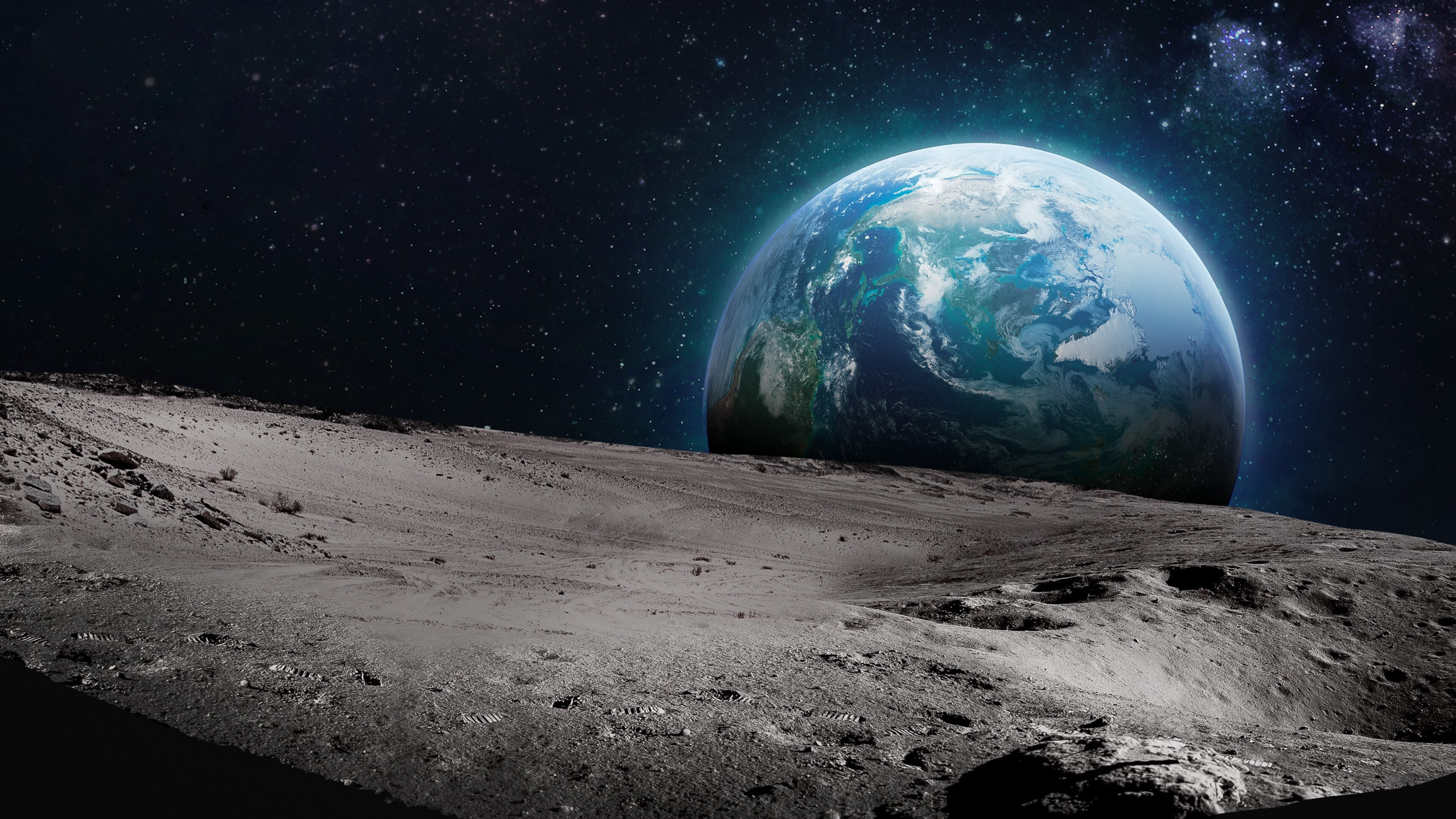55 years after its release,a bug has finally been foundwithin the code ofLunar Landing, the first game to simulate the July 1969 Apollo moon landing within months of its occurrence.Lunar Landingwas programmed by then-humble High School student Jim Storer just months after the event in question, and by 1973 it had become the most popular PC game by a landslide. This early video game, technically a text adventure, was created by a High School student in an era where PCs in every home (or everypocket) seemed about as far-off as David Bowie’sMoonage Daydream(1972).
The High School student in question,Jim Storer, would move on to acquire several computing patents, earned his PhD in Computer Science from Princeton University in 1979, and eventually became a professor at Brandeis University, where he still works today.

When asked how he achieved this programming feat in his youth and such a technically-limited era by Martin C. Martin, who found theLunar Landingbug, Storer said, “I was skilled at calculus at the time and familiar with concepts like a Taylor series, but also my recollection is that my father, who was a physicist, helped me in the derivation of the equations [for simplifying the classical rocket equation].
As it turns out, Jim’s code was near-perfect but was missing a number 2 inside a square root’s denominator, which resulted in a missing “divide by two” instruction. Martin posits he was most likely writing the code on pencil and paper, and so this minor bug results in time being consistently underestimated, though only fairly slightly.

Fixing the bug results in the previously-optimal game strategy (referred to as a “suicide burn” by the more modern spacecraft gaming community forKerbal Space Program) now resulting in a “Good” landing at 1.66 MPH (perfect being sub-1 MPH) instead of the far-worse-but-still-winnable 3.5 MPH the tactic previously achieved.
Remember, the game still worked remarkably well and proved to be a smash — this level of nitpicking took five and a half decades to surface. Considering how buggy games can still bethesedays with all the playtesters and over-inflated development budgets in the world, it’s impressive just how longLunar Landinglasted before anyone could find a real issue with it.
Take that,Starfield.
Get Tom’s Hardware’s best news and in-depth reviews, straight to your inbox.
Christopher Harper has been a successful freelance tech writer specializing in PC hardware and gaming since 2015, and ghostwrote for various B2B clients in High School before that. Outside of work, Christopher is best known to friends and rivals as an active competitive player in various eSports (particularly fighting games and arena shooters) and a purveyor of music ranging from Jimi Hendrix to Killer Mike to the Sonic Adventure 2 soundtrack.